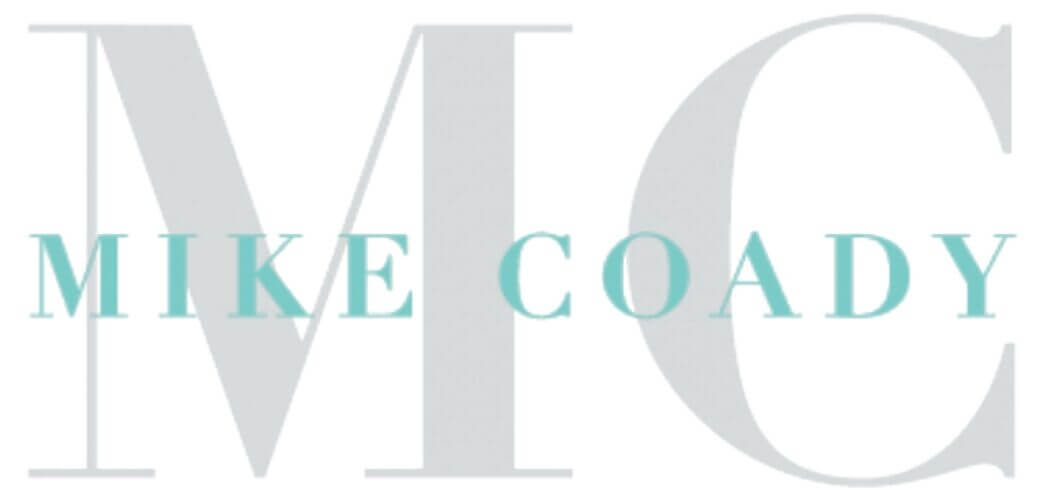

Home Retirement saving goals: What should yours be?


Retirement saving goals: What should yours be?
|
Getting your Trinity Audio player ready... |
Retirement saving goals are often discussed by friends and family, however, the actual goal of how much you need to save is generally overlooked. When it comes to retirement, everyone has their own idea of what that will include. For some people, it means spending long hours relaxing at a resort location. For other people, it means living comfortably and spoiling their grandchildren. The real question is, how much should you be saving for your retirement?
No matter what your version is, putting money aside to pay for your goals is important. Doing that sooner rather than waiting is the key to being able to achieve these goals. Luckily, many people can achieve their goals with hard work; but how much should you really be putting aside in order to achieve your retirement saving goal?
Retirement saving expenses
The first step is to consider what type of expenses you’ll have at retirement. For some people, having a mortgage payment may still be a factor. You may have other debts, including debts from credit cards. You may have a car loan. Consider your expenses for maintaining your home, and costs for everyday needs, which are likely to be the same as they are now. Add up all of your expected expenses. It is important for you to consider these factors carefully since understanding your monthly expenses is critical to know how much money you’ll need to have on hand each month to pay your bills.
Retirement saving income
Another factor to consider is your income during these months is: Will you have money coming in from investment accounts, pensions, or the government? You may still have your income from property investments or other types of businesses you own. By determining what your income will be during retirement, you’ll know how much more money you’ll need during retirement that comes from other sources. Be sure to consider inflation, too, based on the amount you can expect to see an increase per year. Your income may also fall when you enter retirement, especially if you stop working completely.
Consider your retirement saving goals
The next step is to focus on what you want to do, buy, and save for retirement. Outline what your plans are, including things like:
- Expected travel needs
- Long-term medical care needs
- Expected support for loved ones and charities
- Costs associated with making big purchases, like a second home or new vehicles
- Consider the home improvement you may want to do
- Consider unexpected costs, including emergency needs
The key here is not to have a strict plan put in place, but rather to have some idea of what you’ll be spending money on during your retirement years. Most people will find that this process gives them an idea of how much money they need to tuck away in order to have enough to retire. The problem is, that there is also an unknown factor. There is no way for you to know all of the details or expected costs.
Finally, talk to a financial adviser about your options and needs. You’ll want to have a solid understanding of your financial future and what your retirement saving plan should look like. A financial adviser will also tell you how much you should be putting away each month to achieve these goals. The good news is that you can often find a way to put aside the right amount of information.
By discussing your thoughts and needs with a professional, independent financial adviser sooner rather than later, and working with the adviser to implement a robust strategy, you’ll have the peace of mind knowing you’re on the right track to having the funds necessary to achieve any and all of your goals over the next years of your life.
Putting a sound, workable plan in place helps you have the money available to live a full, enjoyable active retirement – the one you desire, the one you deserve.
About Mike Coady
Mike Coady is an expat expert based in Dubai and is on hand to help with all of the above and more.
Mike is an award-winning money coach and industry leader in the financial sector.
Qualified to UK Financial Conduct Authority (FCA) standards, a member of the Chartered Insurance Institute, a Founding Fellow of the Institute of Sales Professionals (FF.ISP), and a Fellow of the Institute of Directors (FIoD) and featured as a highly qualified Financial Adviser in Which Financial Adviser.
To learn how to choose a great financial adviser, download our free guide.

Blog published by Mike Coady.
Related
You May Also Like


South African Expat Tax Update 2024
South African expatriates should not only understand the newly implemented 2023/2024 tax laws, which aim at taxing their...


British Expats – please cancel your Premium Bonds now!!
“They are nowhere near as good as they used to be and now that you are an expat,...


Why aren’t you saving? Understanding the consequences
Waiting to start saving for retirement? You’re not alone. According to a survey from the Employee Benefit Research...
DISCLOSURE:
mikecoady.com, the website, does not provide financial, investment or tax advice. It is specially designed to provide its users with general information. It does not give individual or specific advice on which products or services are the most appropriate for an individual’s particular circumstances. We may from time to time publish content on this site that has been created by affiliated or unaffiliated contributors.






